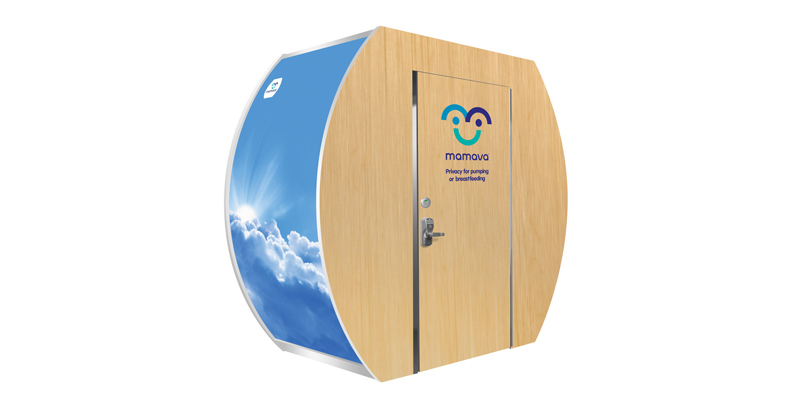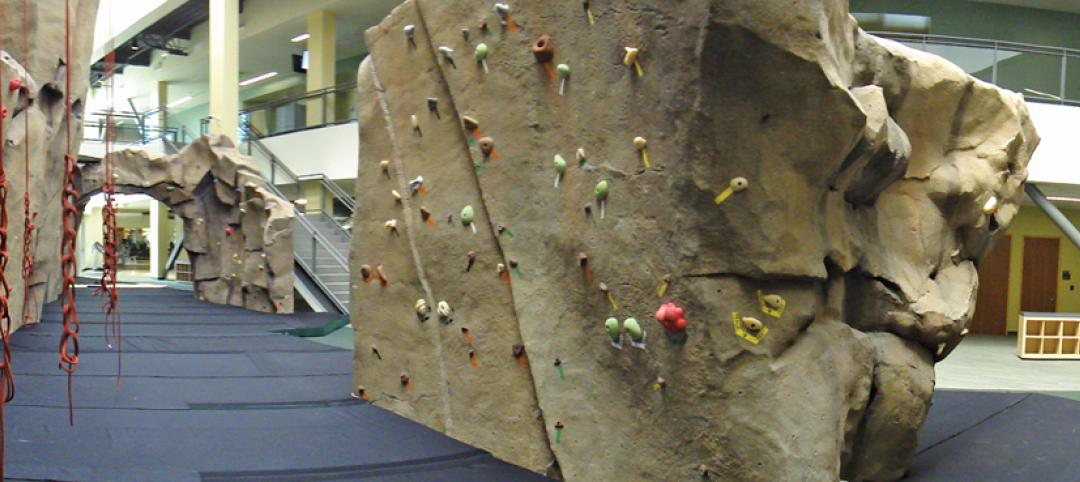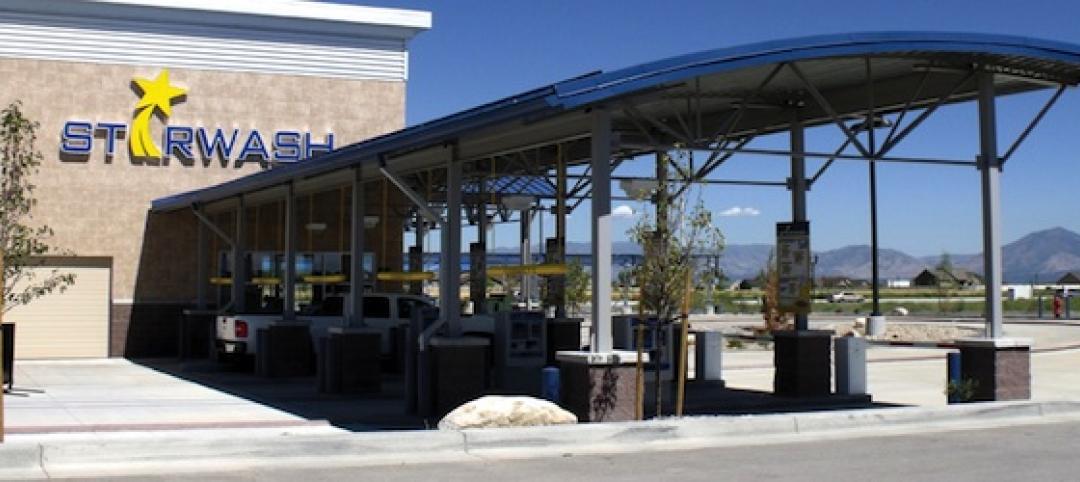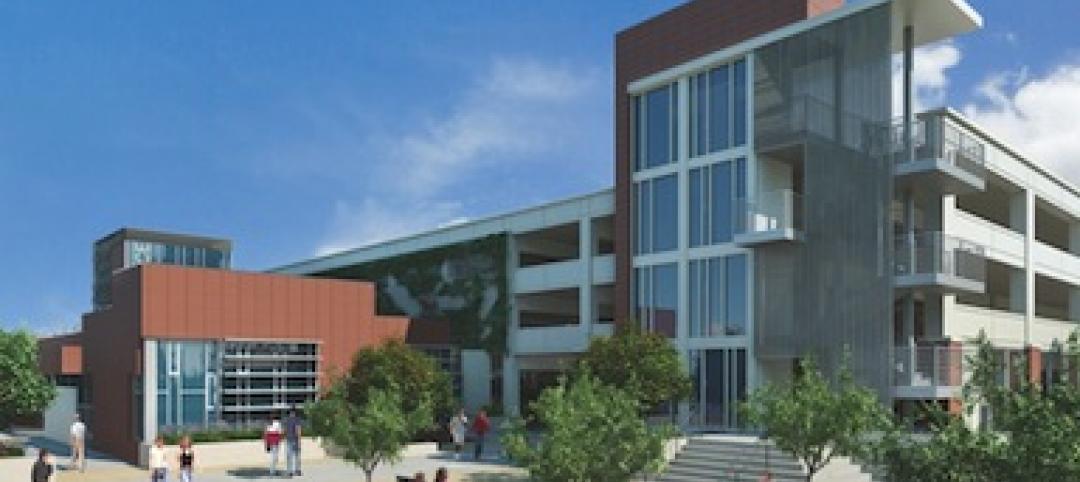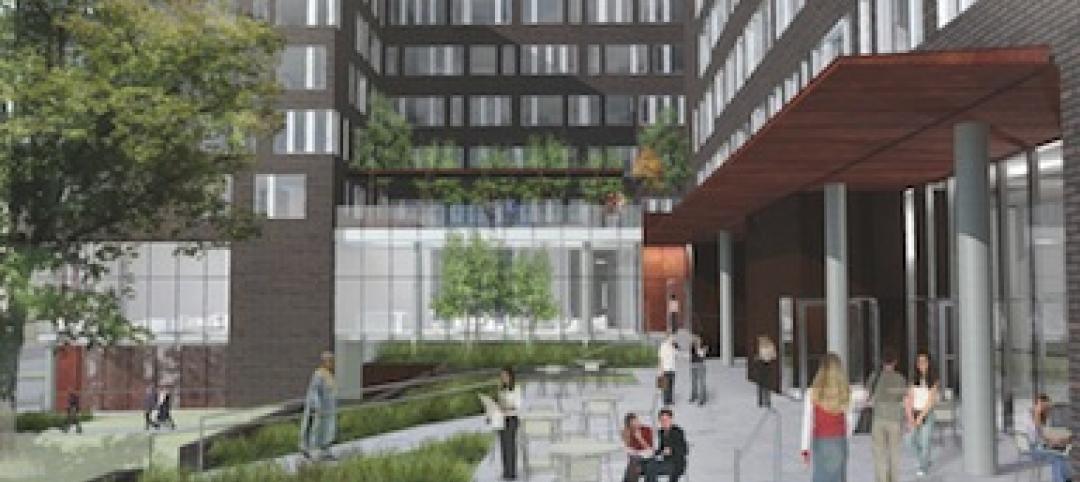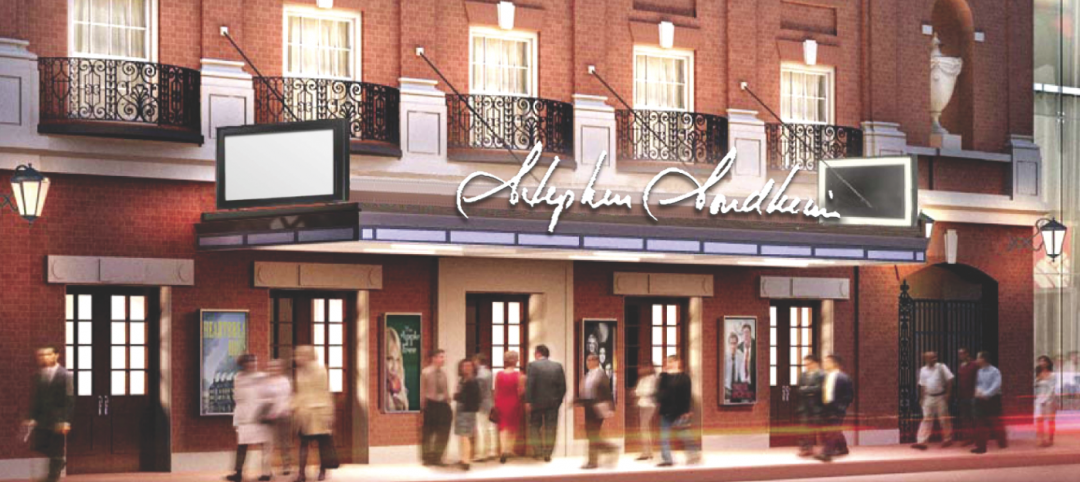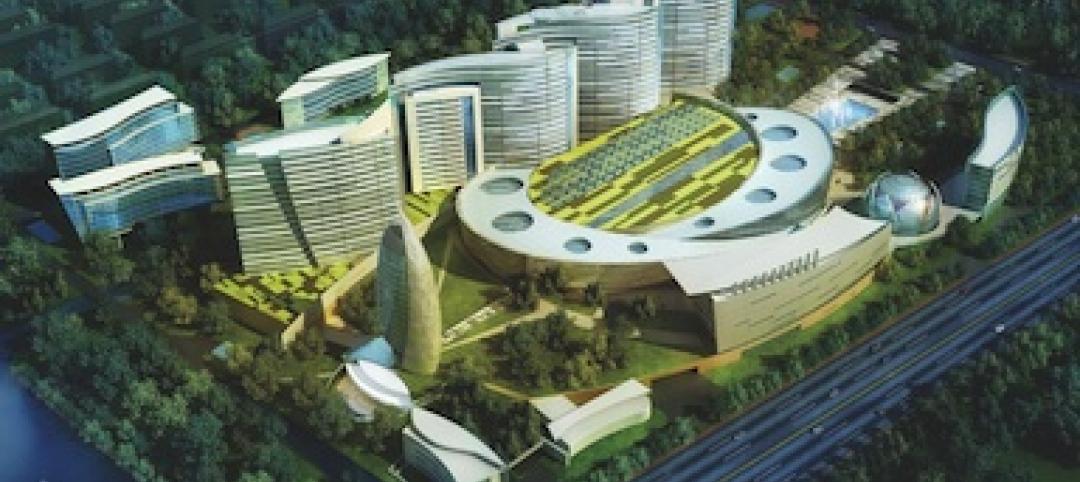When Mamava founders, Sascha Mayer and Christine Dodson, developed the concept for a mobile lactation unit, it came more from necessity than creativity. As working mothers, traveling without their nursing infants, both encountered issues with pumping in a safe, comfortable space. They noticed that while breastfeeding is strongly encouraged for mothers, accommodations to do so are somewhat lacking.
"We knew we could find a flexible, affordable solution to this problem," said Mayer. "We wanted to create something that was affordable yet easy to place, easy to clean, and provides safety and privacy for moms."
Since its conception in 2006, the Mamava lactation pod has undergone several changes in design. Shortly after partnering with Konrad Prefab, which specializes in prefabricated architectural environments, the sleek, modern shape was born. David Jaacks, owner of Konrad Prefab chose a mix of ALPOLIC® materials (timber series wood grain finish and Graphic-AL composite) for the body of the lactation suite based on previous fabrication experience.
"Throughout my career, I’ve used all kinds of products for retail design, environmental spaces, and trade show exhibits. When Mamava and I talked through the concept and settled on a design, I chose ALPOLIC® because it’s easy to work with, durable, yet lightweight and flexible," said Jaacks. "We could also print on it to customize the unit for the buyer, so it was all the things we really needed."
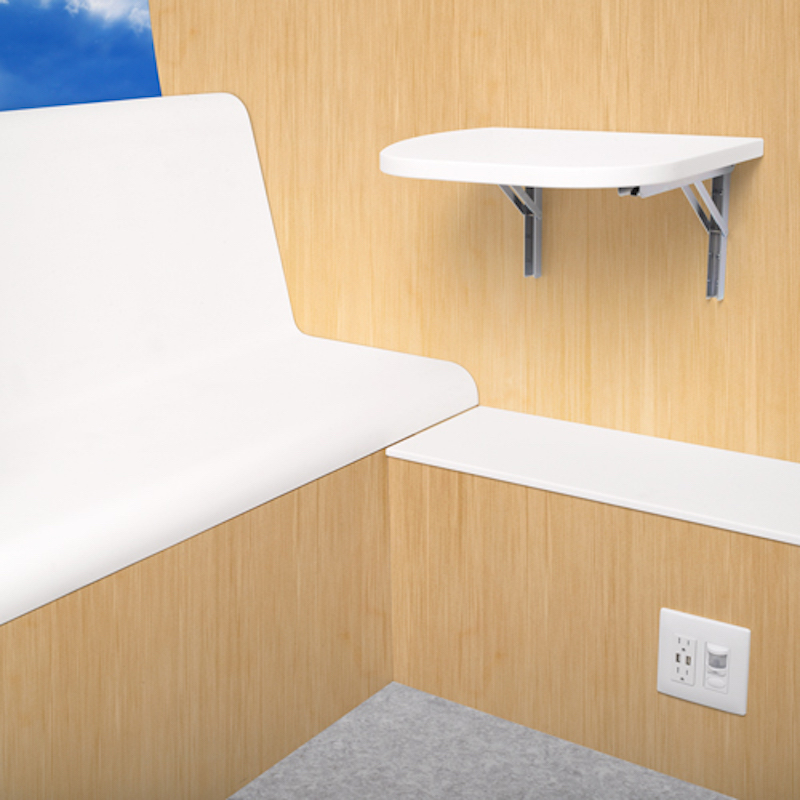
Jaacks manufactures the units in Konrad Prefab’s Springfield, VT facility, and ships the components to the end user in sections for on-site assembly. All necessary tools and instructions are included, and he estimates even a novice can construct a unit in less than three hours. To date, nearly 300 units can be found across the nation in airports, offices, sports arenas, conference centers, and government and military buildings.
Complete with LED lighting, motion sensors, and air circulation fans, the Mamava lactation suite provides businesses with a cost effective option for compliance with the Fair Labor Standards Act, which requires a private space (that is not a bathroom) for nursing mothers.
The idea for Mamava may have come from personal struggles, but the movement it created is a direct result of a digitally connected society. Mamava understands its users, so the lactation suites are accessible via an app that allows users to identify pods in their area (airport, sports arenas, malls,) and then reserve their time slots. Electronic sensors on the units lock and unlock using the phone app so privacy and availability are assured.
"Millennial moms helped push this initiative," said Mayer. "They are helping keep up this momentum through social media, and we are very excited about the opportunity this provides for constructive discussion."
To learn more about the partnership between Mamava, Konrad Prefab, and ALPOLIC®, visit www.alpolic-americas.com/mamava.
Related Stories
| Sep 16, 2010
Green recreation/wellness center targets physical, environmental health
The 151,000-sf recreation and wellness center at California State University’s Sacramento campus, called the WELL (for “wellness, education, leisure, lifestyle”), has a fitness center, café, indoor track, gymnasium, racquetball courts, educational and counseling space, the largest rock climbing wall in the CSU system.
| Sep 13, 2010
7 Ways to Economize on Steel Buildings
Two veteran structural engineers give you the lowdown on how to trim costs the next time you build with steel.
| Sep 13, 2010
Community college police, parking structure targets LEED Platinum
The San Diego Community College District's $1.555 billion construction program continues with groundbreaking for a 6,000-sf police substation and an 828-space, four-story parking structure at San Diego Miramar College.
| Sep 13, 2010
Campus housing fosters community connection
A 600,000-sf complex on the University of Washington's Seattle campus will include four residence halls for 1,650 students and a 100-seat cafe, 8,000-sf grocery store, and conference center with 200-seat auditorium for both student and community use.
| Sep 13, 2010
Second Time Around
A Building Team preserves the historic facade of a Broadway theater en route to creating the first green playhouse on the Great White Way.
| Sep 13, 2010
China's largest single-phase hospital planned for Shanghai
RTKL's Los Angles office is designing the Shanghai Changzheng New Pudong Hospital, which will be the largest new hospital built in China in a single phase.
| Sep 13, 2010
Data Centers Keeping Energy, Security in Check
Power consumption for data centers doubled from 2000 and 2006, and it is anticipated to double again by 2011, making these mission-critical facilities the nation's largest commercial user of electric power. With major technology companies investing heavily in new data centers, it's no wonder Building Teams see these mission-critical facilities as a golden opportunity, and why they are working hard to keep energy costs at data centers in check.
| Aug 11, 2010
Average annual pay increases at A/E/P firms continue to rise in 2010
Despite the economic challenges that many architecture, engineering, planning(A/E/P) & environmental consulting firms have faced in recent years, a large majority of firms continue to include pay increases for their staff in their annual budgets, according to a new report released by ZweigWhite. According to ZweigWhite's 2010 Policies, Procedures, and Benefits Survey of Architecture, Engineering, Planning & Environmental Consulting Firms, the average pay increase that A/E/P firms project that they will provide in 2010 has increased from 2009. ZweigWhite, March 2


